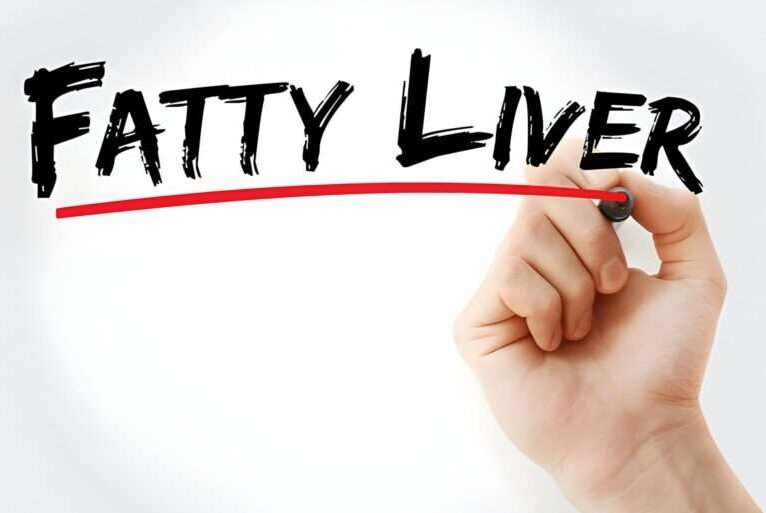Fatty liver disease is becoming an increasingly important issue, impacting the health of millions around the globe. One of the primary concerns people have is how this condition might influence life expectancy. While it can indeed lead to severe complications if ignored, an early diagnosis, along with lifestyle adjustments and effective management, can greatly enhance outcomes. Let’s dive into how fatty liver disease affects life expectancy. Let’s explore how fatty liver disease impacts life expectancy.
What is Fatty Liver Disease?
Fatty liver disease occurs when there’s an excessive accumulation of fat in the liver, which can interfere with its normal operations over time. This buildup can result in inflammation and damage, potentially progressing to more serious conditions like cirrhosis or liver failure.
Non-alcoholic Fatty Liver Disease (NAFLD)
Unlike alcoholic liver disease, NAFLD arises in those who don’t drink much, if any, alcohol.
Symptoms Of Fatty Liver
Many individuals might not show any symptoms at all. However, some typical signs of fatty liver can include fatigue, weakness, and discomfort in the upper right abdomen. As the condition advances, more pronounced symptoms like jaundice (yellowing of the skin and eyes) and swelling in the legs and abdomen may start to appear.
Causes of Fatty Liver
The causes behind fatty liver can vary based on the specific type of disease. Factors like genetics and rapid weight loss might also play a role in the emergence of fatty liver disease.
How Fatty Liver Disease Impacts Life Expectancy
If left unchecked, fatty liver disease can lead to significant complications such as cirrhosis or liver cancer, potentially reducing life expectancy. However, with early detection and lifestyle modifications, many individuals can live normal lives. For those with NAFLD, enhancing overall health—particularly through diet and exercise—can lower the chances of complications.
How I Can Avoid Fatty Liver?
- A balanced diet and healthy weight is important for staying active.
- Stop alcohol usage to help your liver stay healthy.
- Avoid high fats and sugar in your diet.
- Try to steer clear of processed foods; opt for whole foods instead.
- Make it a point to exercise consistently to boost liver health.
- To avoid dehydration drink more water regularly.
- Limit sugary beverages like soda and juice.
- overeating must be stopped.
- Consult medical specialists regularly for check-ups.
Treatment of Fatty Liver
There isn’t a specific treatment for fatty liver, but managing the underlying conditions can slow down its progression. Lifestyle alterations such as weight loss, a better diet, and regular exercise are the most effective methods available. In some instances, doctors may recommend medications to help manage related issues like high cholesterol or diabetes.
Conclusion
If fatty liver disease isn’t handled correctly, it can impact life expectancy. However, by understanding its causes, symptoms, and the treatments available, individuals can take proactive steps toward improving their liver health and overall well-being. Early detection and lifestyle changes are crucial for minimizing risks and enjoying a healthier life.



